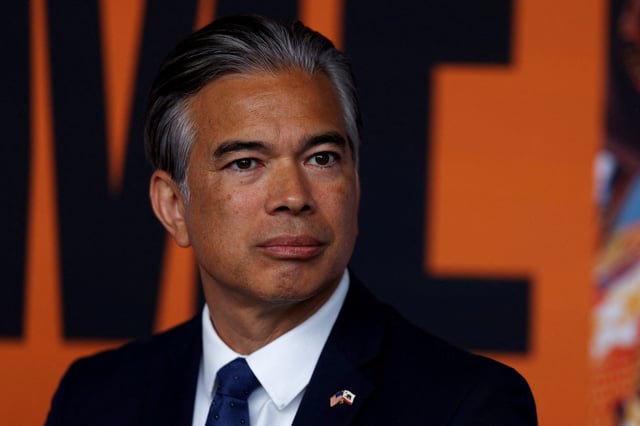Overview
- House Republicans included a provision in their budget reconciliation bill to block states from enforcing AI regulations for the next decade.
- The measure aims to prevent a patchwork of state laws and allow Congress time to establish a federal regulatory framework, though no comprehensive AI legislation has been introduced yet.
- Critics, including state attorneys general and policy experts, argue the moratorium undermines state-level safeguards and serves the interests of major tech firms advocating for light-touch regulation.
- California's reintroduced AI safety bill, along with other state-led efforts, would be stalled under the proposed federal preemption.
- The provision's future in the Senate is uncertain due to potential challenges under the Byrd Rule, which limits non-budgetary measures in reconciliation bills.



